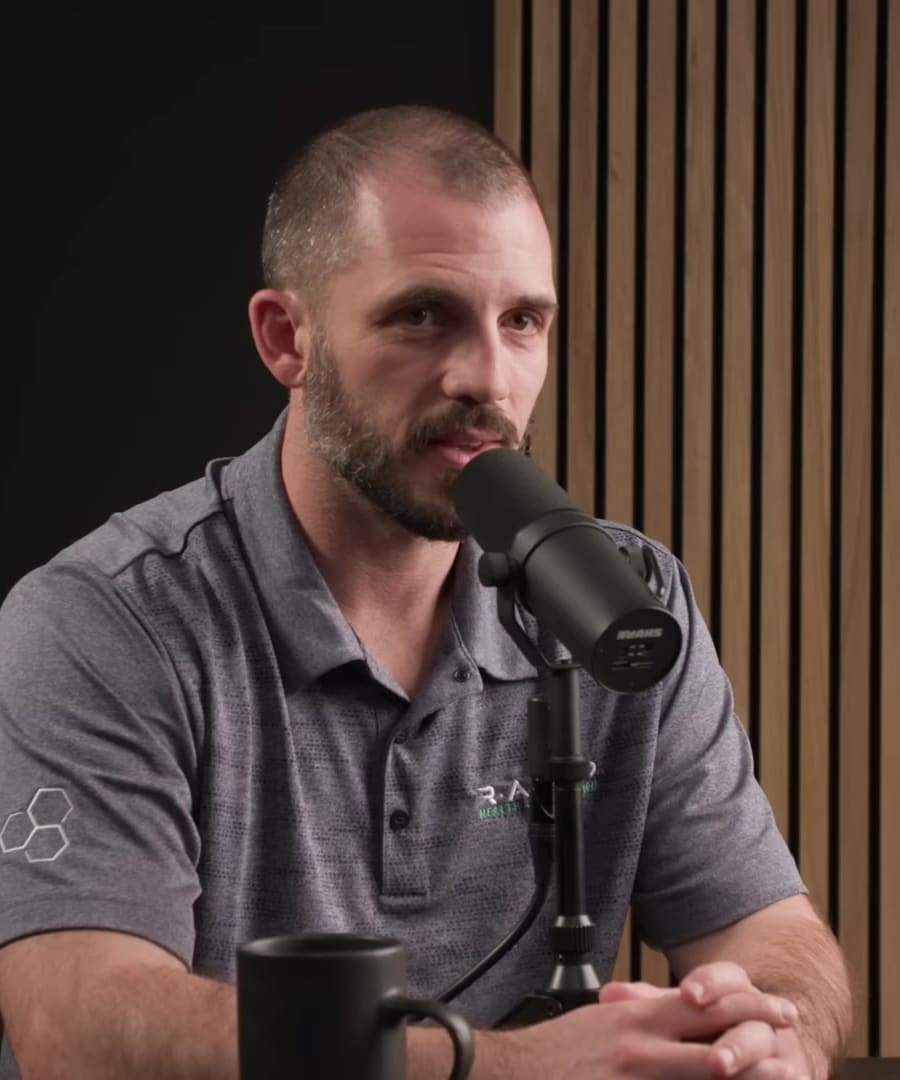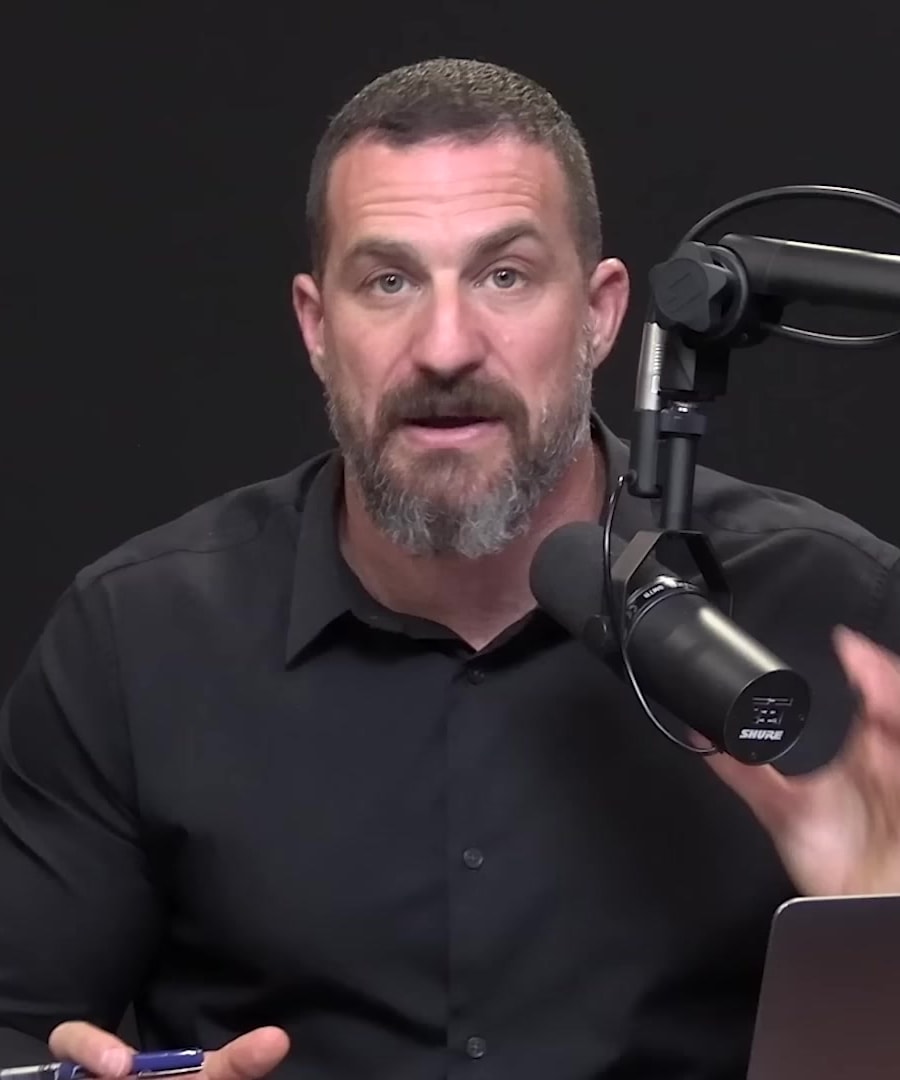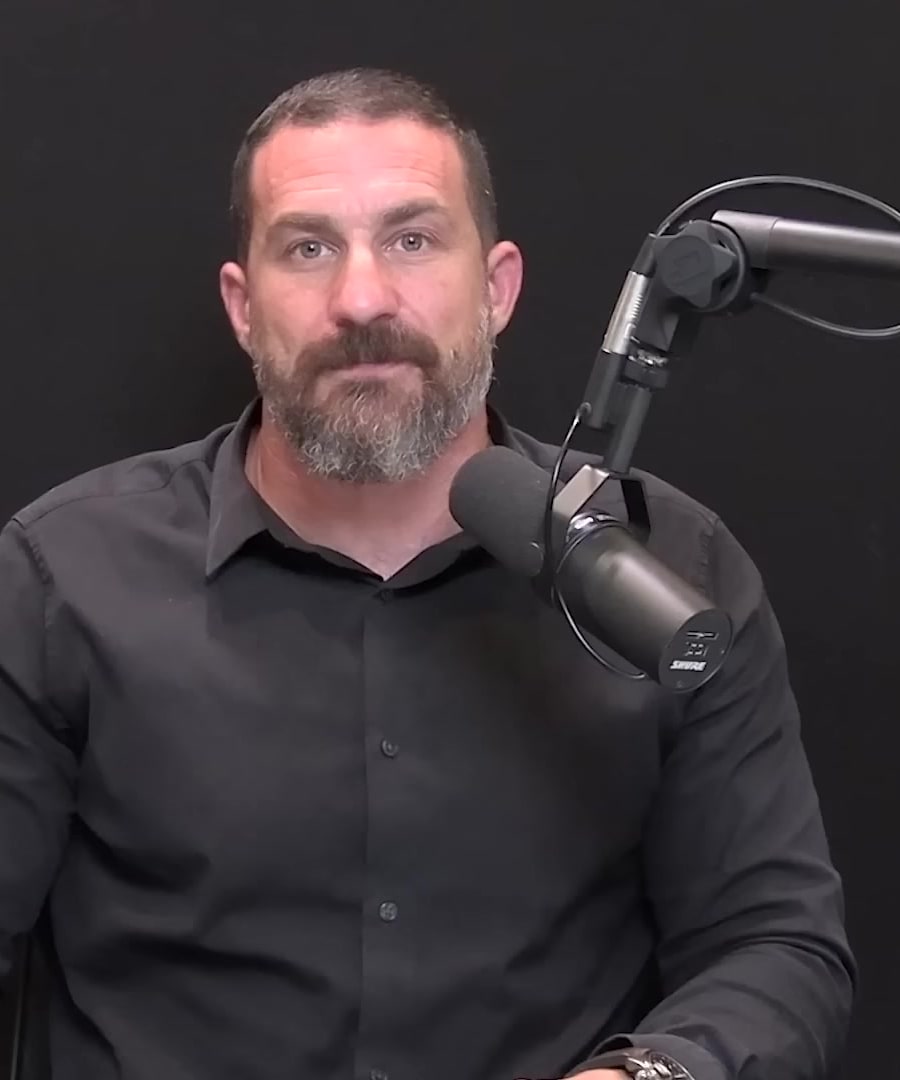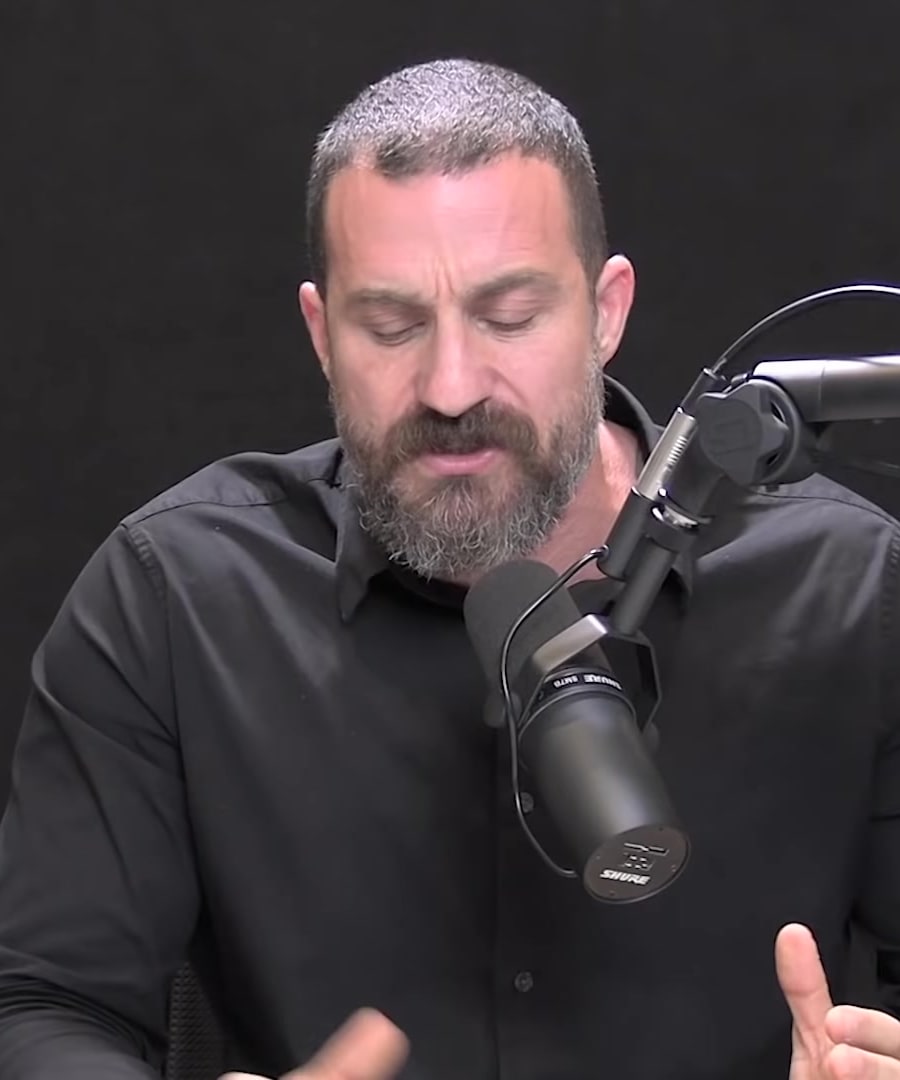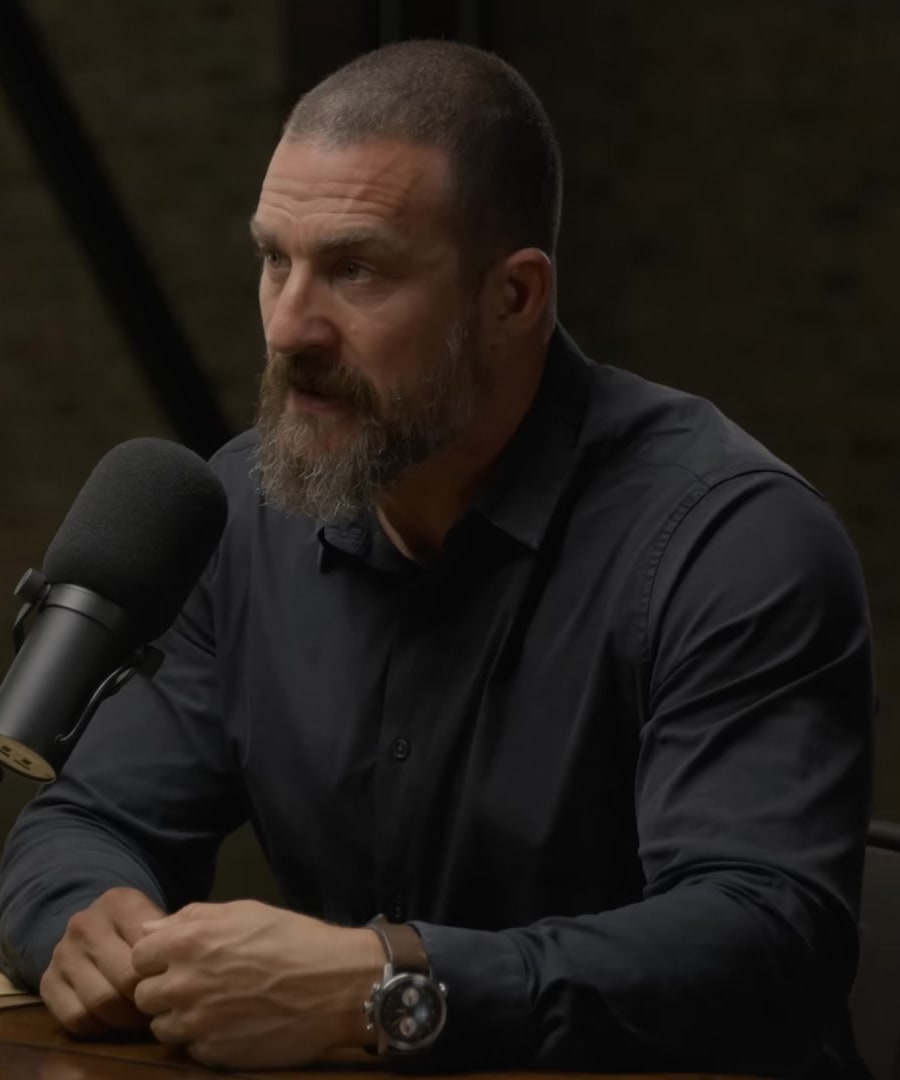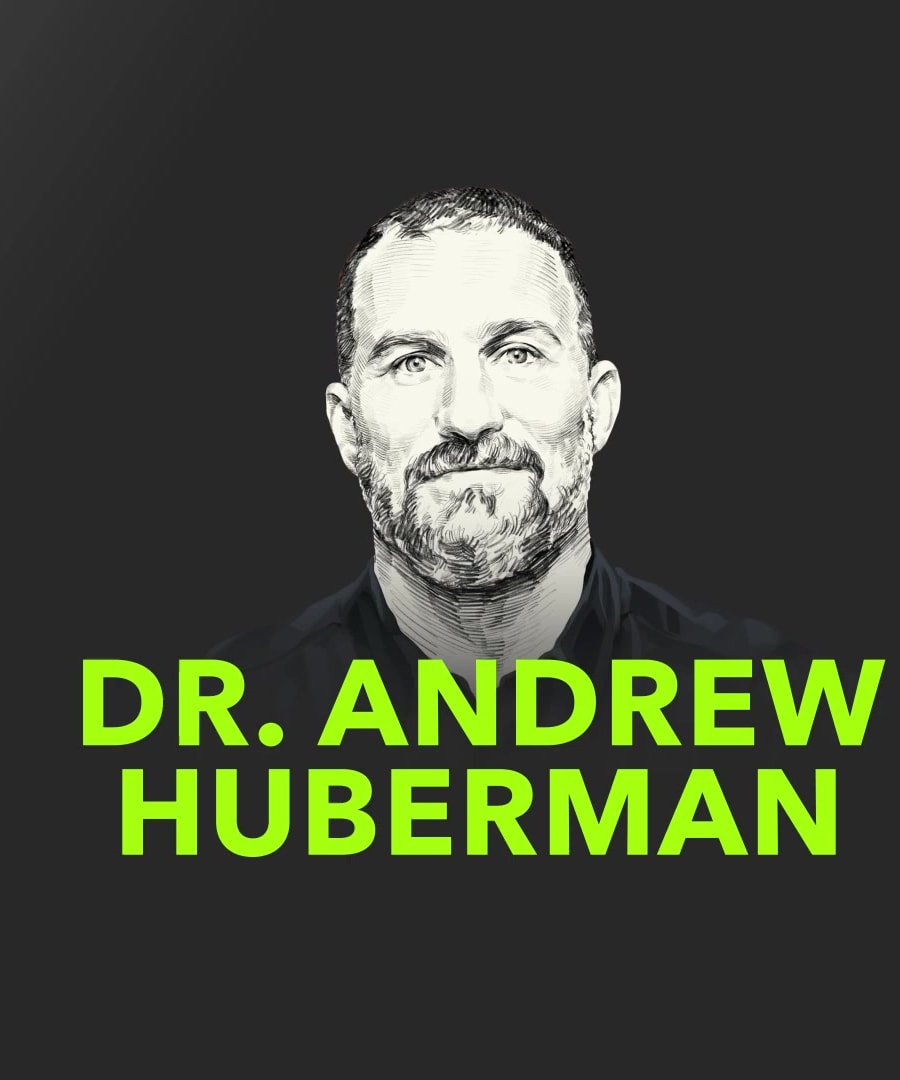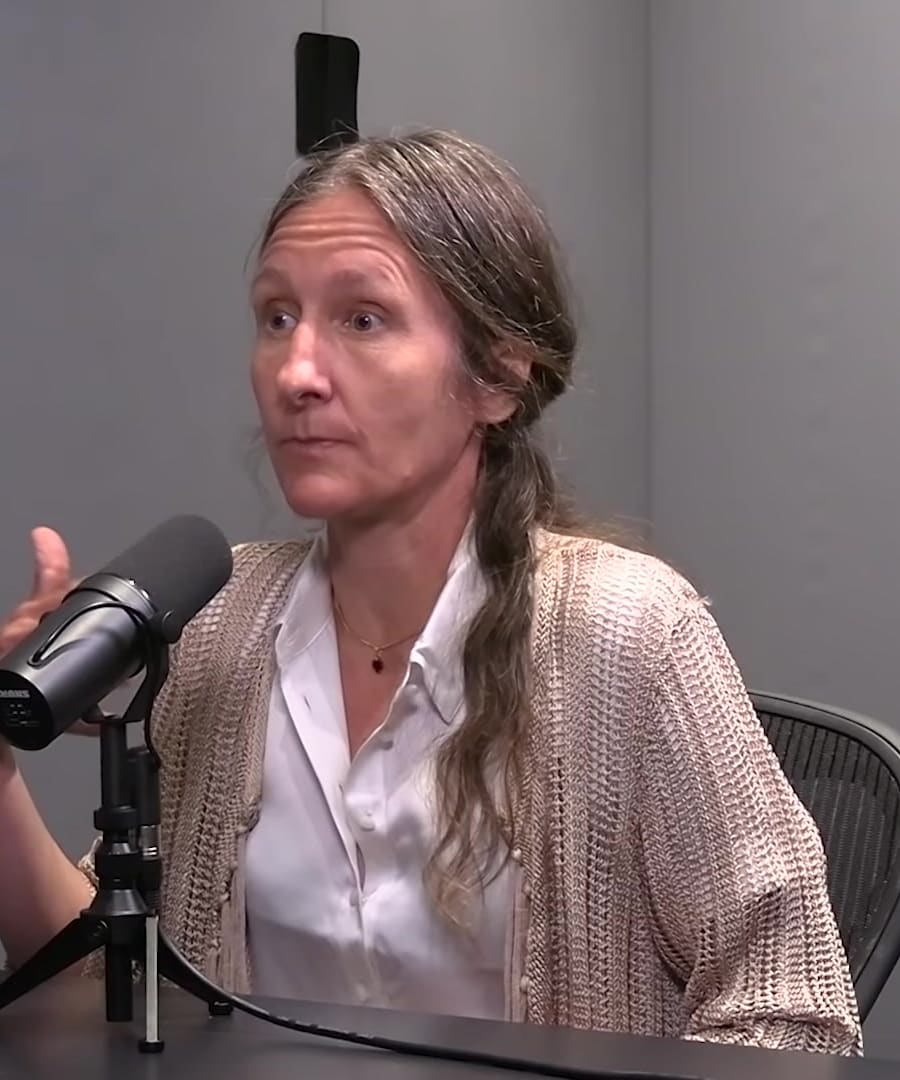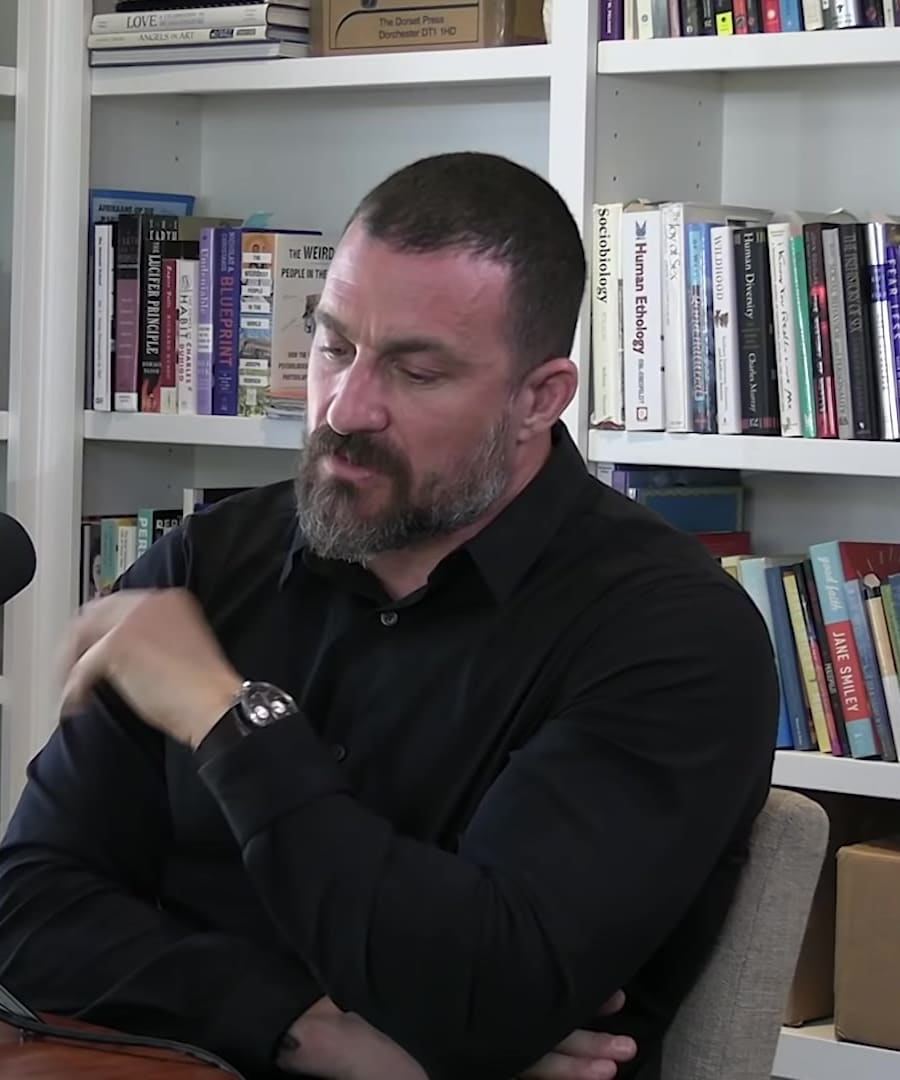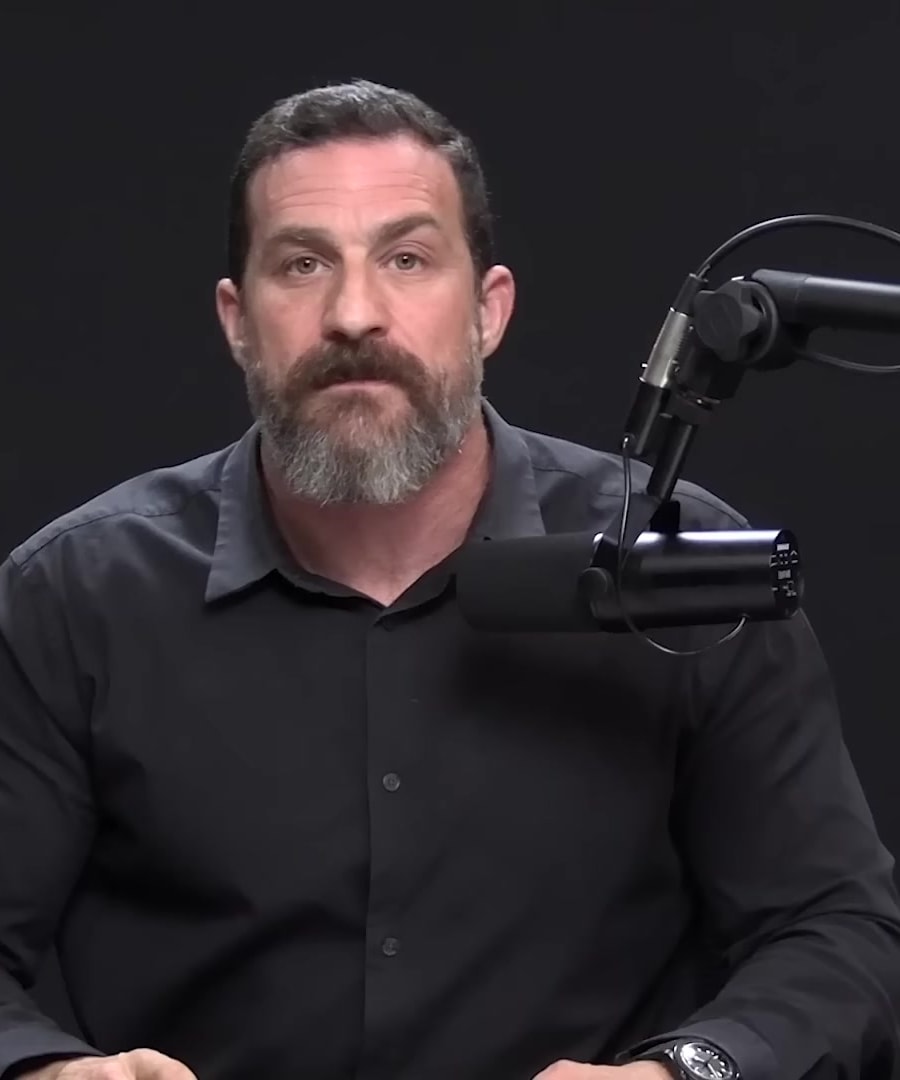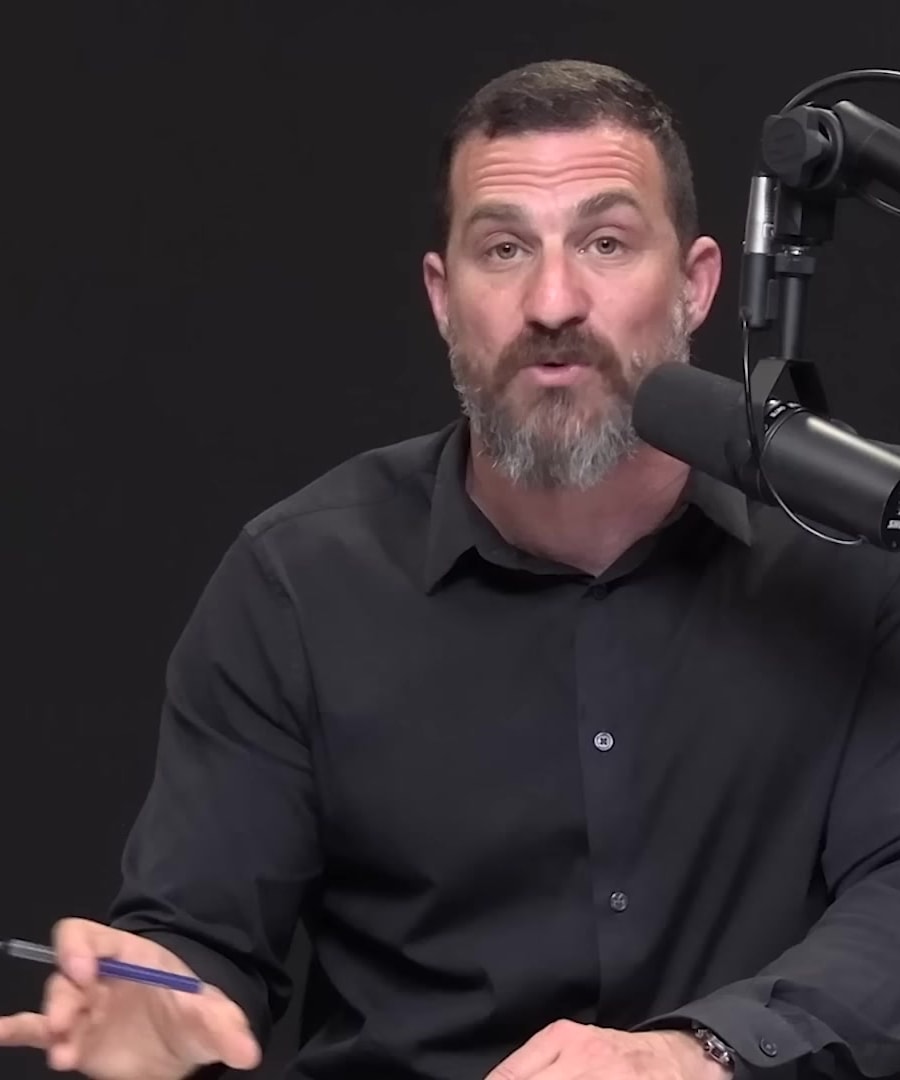What protocols are recommended for improving sleep?
Sources:
Several protocols and tips have been recommended by and guests on the for improving sleep, including:
-
Behavioral Approaches:
- Use tools like Timeshifter app for managing jet lag by adjusting light exposure, meal times, and other factors 1.
- Elevate the head of your bed if you're dealing with acid reflux 1.
- Implement myofunctional therapy with tongue exercises to improve REM sleep, especially if you snore 1.
- Reserve the bed for only two activities: sleep and sex. Creating this association can help reduce insomnia and falling asleep issues 1.
- Engage in non-sleep deep rest (NSDR) protocols like yoga nidra or clinically tested sleep hypnosis (Reverie app), which can improve sleep quality and reduce anxiety 2.
-
Supplements:
-
Sleep Toolkit:
- offers a sleep toolkit that provides a distilled list of strategies to optimize sleep. The toolkit is based on evidence and can be downloaded for free from the Huberman Lab website 5.
-
Meditation:
- Meditation practices can improve cognitive functions and emotional regulation, potentially reducing the total amount of sleep needed. However, it is recommended to avoid meditating too close to bedtime as it may interfere with sleep 6.
It’s essential to prioritize consistent good sleep habits, and for those struggling with sleep, consider these various tools and methodologies. Always consult with health professionals when integrating new practices or supplements into your routine.
RELATED QUESTIONS-
Horny while traveling monogamous
It appears there are no specific discussions or mentions in the regarding the challenges of experiencing arousal while traveling and maintaining monogamy. Since the generally focuses on neuroscience, biology, and health, it is less likely to cover topics directly related to personal relationship dynamics unless they intersect with these areas of interest.
However, navigating arousal and maintaining a monogamous relationship while traveling can involve self-regulation, communication with a partner, and strategies to focus on relationship commitments. It may also be relevant to consider the neurological processes involved in arousal and decision-making, but without specific data from , it would be speculative to elaborate on this topic.
If you're looking for advice on how to handle situations where you're feeling aroused while traveling and want to remain committed to a monogamous relationship, it could be beneficial to seek out content that focuses on relationships and personal behavior, or consider discussing the issue with a qualified relationship counselor.
RELATED QUESTIONSStrategies for maintaining commitment in a monogamous relationship while traveling.
Sources:
To maintain commitment in a monogamous relationship while traveling, you can consider applying some strategies discussed in various contexts across the :
-
Accountability Systems: Create a system to hold yourself accountable to your commitments, be it through reminders or check-ins with your partner. This keeps you focused on the promises you've made, including those in your relationship 1.
-
Limit Digital Distractions: If communicating with your partner digitally while apart, strive to limit distractions that could lead to inappropriate interactions with others. Setting boundaries with technology can help you stay focused on your relationship 2.
-
Maximizing Positive Anticipation: Spending time away from your partner can make the time together richer. Embrace the positive anticipation and use it to strengthen your connection, rather than seeking immediate gratification from others 3.
-
Bonding Behavior: Reflect on the bonding behavior that you share with your partner, strengthening that bond through memories and plans for the future, rather than seeking new relationships while traveling 4.
-
Engage in Adventures: Adventures and new experiences can release dopamine, fostering a sense of excitement that can enhance your relationship. Try to integrate elements of adventure or exploration into your travel plans that you can later share with your partner 5.
-
Disconnecting for Creativity: Use travel as a chance to disconnect from technology and engage in deep thought or creative activities. This can be a form of self-reflection and can generate ideas for meaningful experiences with your partner 6.
Remember, too, to be aware of what can cause relationships to break down and make conscious choices to avoid those pathways. For instance, discussed the nature of affairs and the differences in how they may occur between genders, highlighting the importance of conscious decision-making in maintaining monogamy 7.
RELATED QUESTIONS-
What psychological insights can help in maintaining a monogamous relationship?
Sources:
Understanding the dynamics of affairs and their impact on monogamous relationships can offer crucial psychological insights for maintaining those relationships. and discussed such dynamics on the . Some key takeaways include:
-
Awareness of Tendencies: Knowing the typical patterns, like women tending to have long-term affairs with one person versus men's more transient affairs, can help individuals recognize signs and avoid potential pitfalls in their relationships 1.
-
Transparency: In today's digital age, concealing interactions is challenging, as mentioned by . Being transparent with your partner about communications and activities can lead to a stronger foundation of trust 1.
-
Emotional Involvement: Understanding that affairs can often become emotionally involved affairs can help partners to focus on the emotional deepening of their own relationship, thereby mitigating the appeal of others 1.
By addressing these aspects directly and fostering open, transparent, and emotionally rich connections, partners can work together to reinforce the commitment in their monogamous relationships while navigating challenges like travel or separation.
RELATED QUESTIONS-
Cold water or warm water for hair health
Sources:
The hasn't directly discussed the impact of cold or warm water on hair health. However, here is a summary of how the temperature of water can affect the body, which could potentially have indirect implications for hair health:
-
Cold Water: Exposure to cold water can lead to a significant increase in circulating dopamine levels 1. While this isn't directly related to hair health, cold exposure benefits overall wellness, which might have a positive impact on hair indirectly.
-
Water Absorption: Drinking or using very cold water will slow down its absorption in the digestive system compared to room temperature water 2. This might suggest that cold water rinses could potentially affect the scalp differently than warm water by altering blood flow or skin temperature.
-
Water Temperature and Safety: It should be safe to use cold or warm water for hair rinsing as long as the temperature is comfortable and does not provoke an unintended physiological response, like cold shock 3.
For specific advice on hair health, consider consulting a trichologist or a dermatologist who can offer personalized recommendations based on the latest scientific research and individual circumstances.
RELATED QUESTIONS-
How can i grow my hair back. 32 years old
There is no specific discussion by the that directly addresses methods for regrowing hair at the age of 32. It's important to consider that hair loss and regrowth can be influenced by many factors including genetics, hormone levels, nutrition, and overall health. If regrowing hair is a concern, it would be wise to consult a healthcare professional or a dermatologist who specializes in hair disorders. They can offer tailored advice and treatment options that may include over-the-counter products like minoxidil, prescription medications, lifestyle changes, or other therapies based on the cause and type of hair loss you're experiencing.
RELATED QUESTIONSCan you tell me more about medical treatments for hair loss?
Sources:
from the discussed various treatments for hair loss including both mechanical and chemical approaches. He highlighted combination therapies, mentioning microneedling combined with finasteride as a particularly effective method for hair regrowth 1. Microneedling creates small injuries that can stimulate healing and potentially hair growth, while finasteride works chemically to inhibit the pathway that leads to hair loss. Using these treatments in conjunction strikes a balance between attacking hair loss mechanically and chemically.
Additionally, he mentioned that over-the-counter ketoconazole shampoo, with a scalp contact time of three to five minutes during use, could be effective, especially at higher concentrations of 2% 2. Biotin-enriched shampoos are also mentioned, which some individuals find beneficial 2. However, he emphasized the importance of starting treatments with the minimal effective dosages and coordinating with a medical professional 1.
Furthermore, Botox injections on the scalp are also discussed as a way to relieve tension and increase blood flow to stimulate hair growth, highlighting the importance of having it done by a skilled professional 3.
It is recommended to explore these treatments carefully and evaluate how they interact with your individual body chemistry, hormone levels, and the potential for side effects, which can vary greatly between individuals 1. Always consult a healthcare professional for personalized advice and to monitor treatment effects.
RELATED QUESTIONS
What protocols are recommended for improving sleep?
- RELATED QUESTIONS
Horny while traveling monogamous
- RELATED QUESTIONS
Strategies for maintaining commitment in a monogamous relationship while traveling.
- RELATED QUESTIONS
What psychological insights can help in maintaining a monogamous relationship?
- RELATED QUESTIONS
Cold water or warm water for hair health
- RELATED QUESTIONS
How can i grow my hair back. 32 years old
- RELATED QUESTIONS
Can you tell me more about medical treatments for hair loss?
- RELATED QUESTIONS
